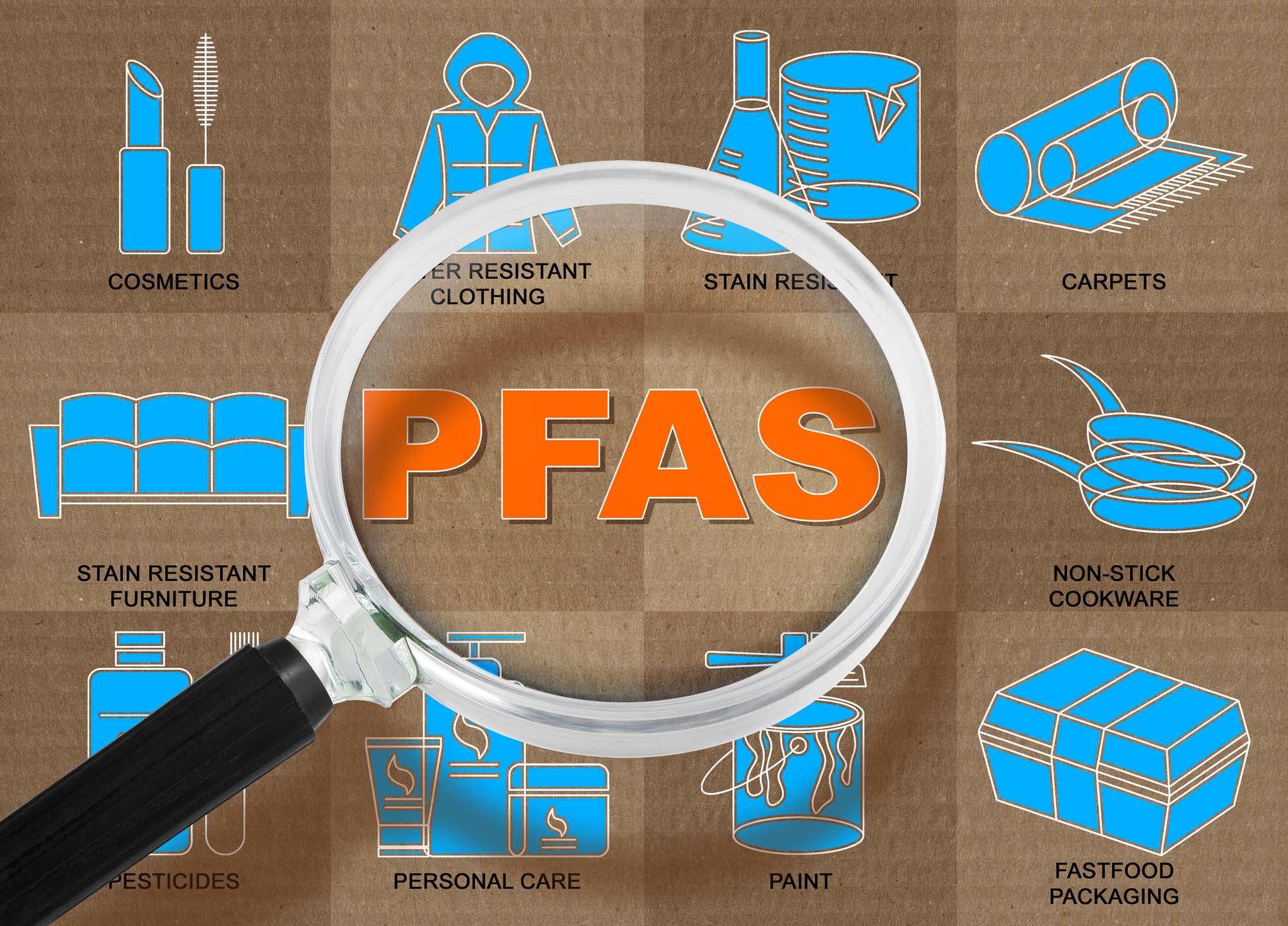
State legislators have grappled with policies surrounding physicians offering life-ending care to terminally ill patients for many years. Life-ending care enables medical providers to go further than just making patients who are terminally ill comfortable, the traditional protocol for hospice care. Legislation of this kind could allow doctors to administer lethal injections of morphine to patients who are near death. Doctors in these cases have determined that there is nothing else medical intervention can do to prevent these patients’ death or prevent suffering.
Delaware’s Amendment to its Code on Life-Ending Care
Delaware’s HB140 would allow terminally ill patients to receive a self-administered dose of life-ending substances to die in a dignified way. The bill would require a patient’s entire medical care staff to agree upon life-ending care, and the person must have six months or fewer to live. This bill would require that these patients receive a psychologist’s evaluation and would require a physician to obtain the patient’s fully informed consent. This bill would otherwise further regulate patients’ end-of-life care. This bill was passed out of Committee in May 2023.
Proposed Changes to Pennsylvania’s End-of-Life Options Act
Pennsylvania’s SB816 would amend the End-of-Life Options Act, regulating end-of-life care for terminally ill patients. The bill is modeled after a law in Oregon. This legislation would allow individuals with terminal illnesses to request a prescription for medication to peacefully end their lives. To qualify for this prescription, patients must meet strict criteria including being Pennsylvania residents, making the request themselves on a prescribed form, having it witnessed by two individuals, one of whom must be unrelated and without financial interest, and being certified by both an attending physician and a consulting physician as having a terminal illness with less than six months to live. The bill has not advanced past its committee of origin as of March 2024.
Tennessee’s Right-to-Die Bill
Tennessee’s SB2258 and HB 1710 would allow physicians to prescribe their dying patients life-ending doses of lethal substances. This bill permits capable adult residents of the state diagnosed with a terminal disease, determined by attending and consulting physicians, to request medication to end their lives humanely and with dignity. The request must be voluntary and expressed in writing. Age or disability alone do not qualify individuals under this bill. “Capable” is defined as having the ability to make and communicate healthcare decisions, as determined by a court or healthcare professionals.
Virginia’s Bill on Healthcare Decision-making and Medical Aid in Dying
Virginia’s SB280 would allow terminally ill patients to request an attending physician to prescribe life-ending doses of controlled substances. The bill would require that the life-ending dose be self-administered orally through two pills. If the patient decides to receive life-ending, there must be a consent form signed by the patient and a witness; a patient could rescind this consent at any time. The legislation would prohibit anyone from coercing or intimidating patients into either receiving life-ending care or denying life-ending care. Finally, this bill would also legally immunize physicians who comply with the provisions of this bill or who reject administering life-ending care. This bill passed the Senate by a narrow margin, 21-19, and was referred to the House for further consideration.
Latest News
Photo credit: iStock.com/Motortion In 2022, the U.S. Supreme Court decision in Dobbs v. Jackson Women's Health Organization overruled a federal constitutional guarantee of freedom to abortion. Since then, legislation concerning reproductive healthcare—including access to [...]
Photo credit: iStock.com/Francesco Scatena Recent trends across the country have seen several states introducing bills to ban certain chemicals, particularly perfluoroalkyl and polyfluoroalkyl substances (PFAS), in consumer products. According to the EPA, PFAS are persistent [...]
Photo credit: iStock.com/naturalbox The debate over raw milk legislation has intensified in 2024, with several states introducing or passing bills that address the sale and distribution of unpasteurized dairy products. Raw milk has not undergone [...]
In this episode of the Back in Session podcast, hosts Ryan Stevens and Ryan DeMara sit down with Terra McClelland, President of the State Government Affairs Council (SGAC) and Vice President of Government and External [...]






Stay In Touch